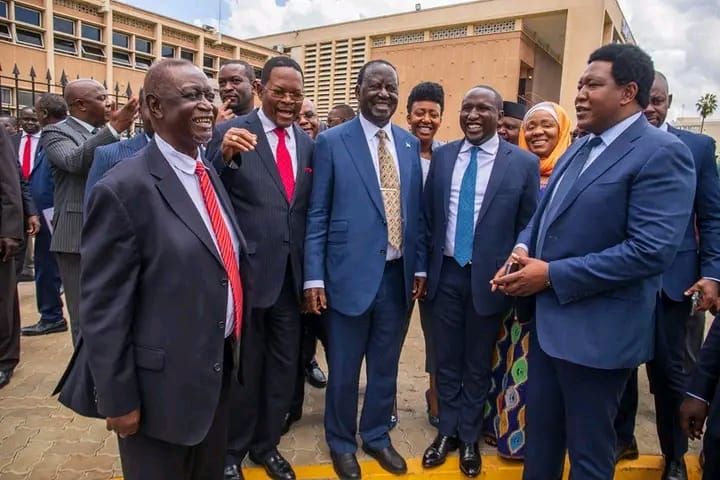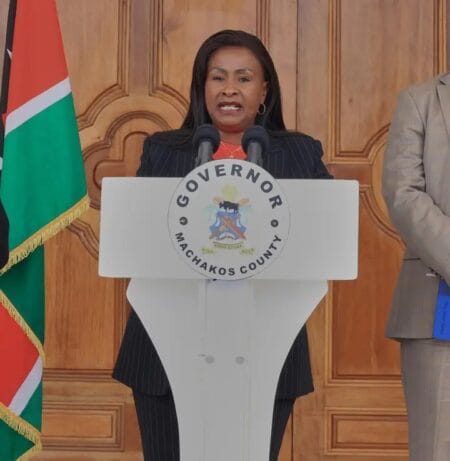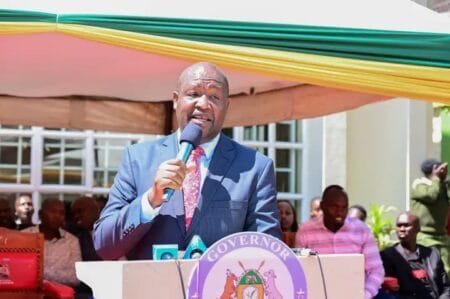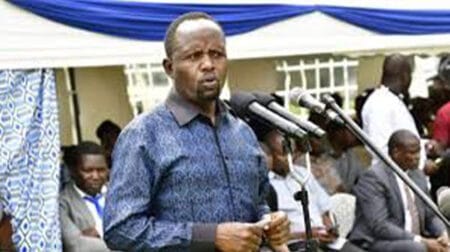In a bold and politically charged move, Rt. Hon. Raila Odinga has reignited the national conversation on constitutional reforms, calling for the long overdue elevation of the Senate to its rightful status as the upper house of Parliament, a vision he argues was intended in Kenya’s 2010 Constitution.
Speaking with characteristic conviction, the former prime minister urged both the National Assembly and the Senate to operate strictly within the confines of their constitutional mandates, warning against legislative overreach and creeping institutional confusion.
At the heart of his latest reform crusade is a controversial proposal that is expected to trigger fierce opposition from Members of Parliament. The scrapping of bursary funds currently allocated to lawmakers. Raila insists that MPs should relinquish roles better suited for devolved and oversight institutions, focusing instead on holding the Executive to account, a principle he says has been increasingly compromised by the politicisation of community-based funds.
“The Senate must be restored to its rightful place,” Raila declared, “and MPs must return to their core mandate: legislation and oversight, not distribution of bursaries.”
His remarks are already sending ripples across the political landscape, setting the stage for yet another heated contest between reformists and traditionalists in Parliament. While his allies view this as a necessary correction to constitutional misinterpretations, critics argue that such reforms could destabilise the delicate balance of resource allocation at the grassroots.
As Raila presses on with what could become a defining issue in the march toward Kenya’s second republic, all eyes are now on Parliament and whether it will rise to the occasion or resist reform in defence of entrenched privileges.











